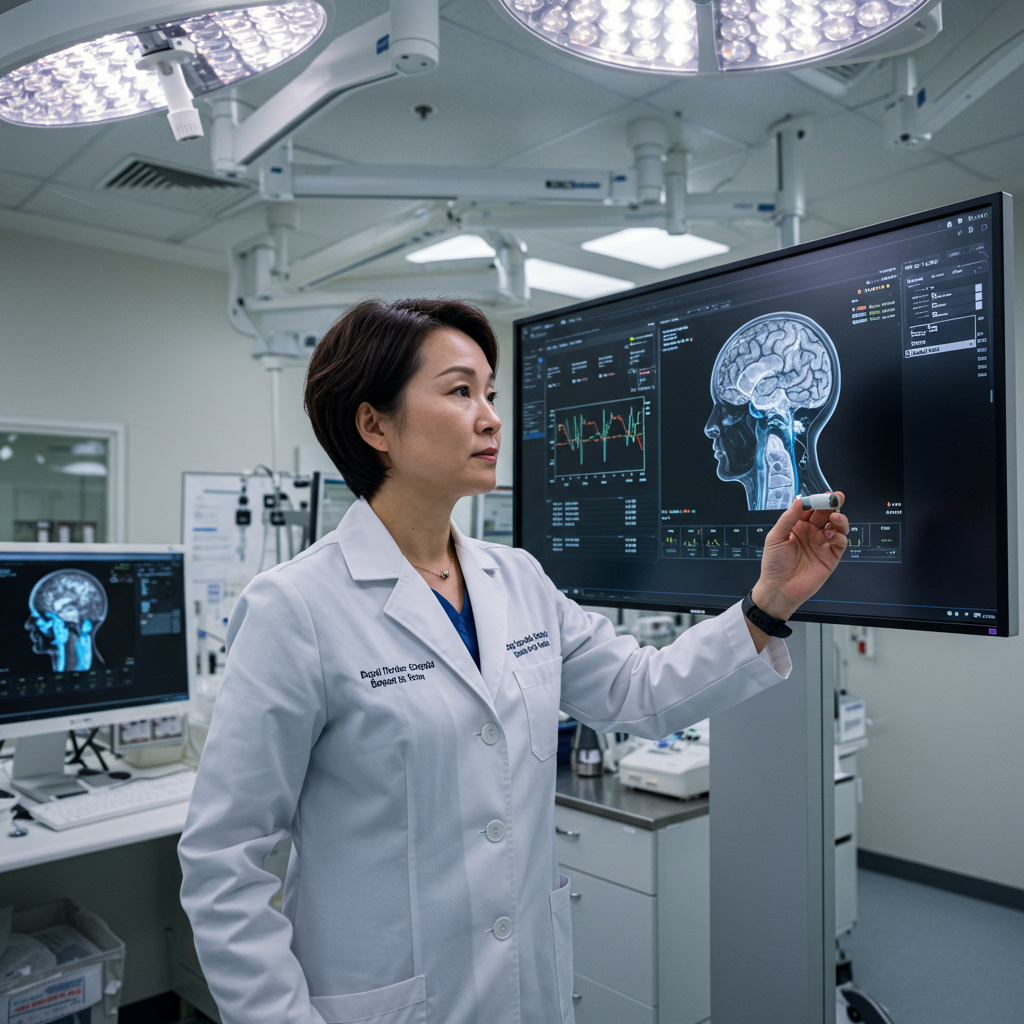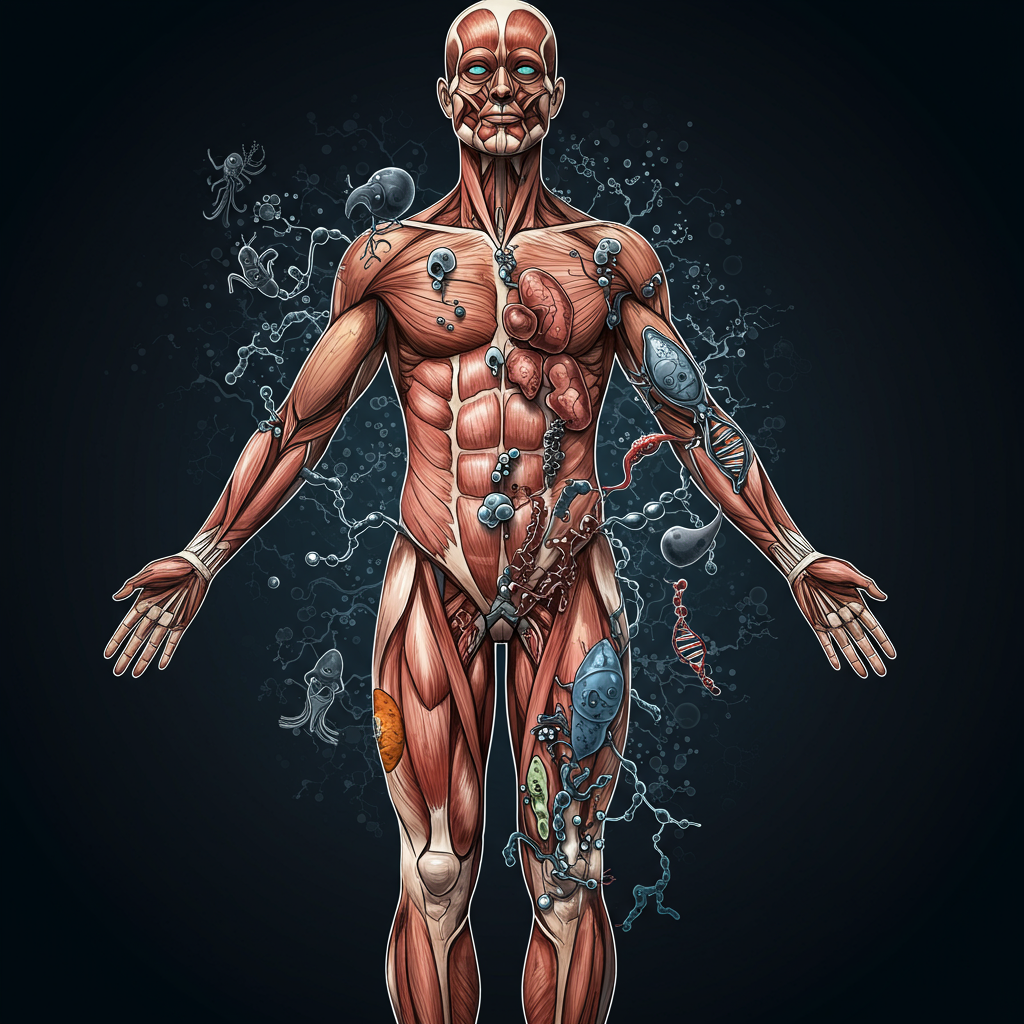A groundbreaking new diagnostic test is revolutionizing brain tumour care, drastically cutting the time it takes to identify specific tumour types from potentially weeks down to mere hours. This “ultra-rapid” method, developed by scientists and clinicians in Nottingham, is being hailed by medical experts as a potential “game changer” for thousands of patients, promising faster, more effective treatment and reduced anxiety.
The Challenge of Traditional Brain Tumour Diagnosis
Identifying the precise type of brain tumour is a critical step in determining the most effective course of treatment. With over 100 recognized types, getting this classification right is paramount for optimal patient care. Traditionally, this process involves extracting a tissue sample during surgery. This sample is then sent to a pathology laboratory for detailed examination under a microscope and further testing.
While accurate, this traditional method is time-consuming. Patients and their families often face an agonizing wait of up to eight weeks for a definitive diagnosis. This delay can have serious consequences. Stuart Smith, a consultant neurosurgeon at Nottingham University Hospitals (NUH) NHS Trust, explains that sometimes the final lab results indicate a tumour type that would benefit significantly from more extensive surgical removal than was possible or deemed necessary during the initial operation. Sadly, this can mean a patient may require a second, or even third, surgery weeks later to fully address the tumour. The prolonged waiting period also adds immense emotional burden and anxiety for patients and their loved ones.
Introducing the Ultra-Rapid Solution
The new method, pioneered by scientists at the University of Nottingham in collaboration with NUH clinicians, leverages cutting-edge genetic sequencing technology to deliver results with unprecedented speed. Developed by biologist Prof Matt Loose, the technique uses nanopore genetic sequencing alongside specialized software dubbed ROBIN. This innovative approach allows researchers to focus rapidly on specific, crucial sections of the tumour’s DNA.
The result? Diagnosis time is slashed to as little as 90 minutes. Crucially, this means that a definitive diagnosis can potentially be available while the patient is still in the operating theatre during their initial surgery.
Transforming Patient Care
The ability to diagnose the exact tumour type in real-time offers multiple transformative benefits:
Immediate Surgical Strategy: Surgeons can make informed decisions about the extent of tumour removal during the initial operation. If the rapid test indicates a tumour type that requires more radical excision, that can potentially be performed immediately, potentially saving the patient from needing subsequent surgeries.
Faster Access to Treatment: Quicker classification accelerates the timeline for starting post-operative treatments like radiation or chemotherapy, which is vital given the often aggressive nature of brain tumours. As Prof Matt Loose notes, waiting six to eight weeks for results “may be too long” for patients with fast-growing tumours.
- Reduced Patient Anxiety: The agonizing period of uncertainty while waiting for results is dramatically reduced, providing patients and families with critical clarity much sooner.
- https://www.bbc.com/news/articles/cpvkmkk4pv4o
- https://www.bbc.co.uk/news/articles/cpvkmkk4pv4o
- https://www.aol.com/brain-tumour-test-game-changer-013422157.html
- https://ca.news.yahoo.com/brain-tumour-test-game-changer-013422346.html
- https://abcnews.go.com/Health/traumatic-brain-injury-test-game-changing-concussion-experts/story?id=75179824
Evidence and Impact
A study recently published has demonstrated the effectiveness of this rapid method, showing a 100% success rate in accurately diagnosing the specific tumour type across 50 operations at NUH.
The impact of this speed on patients is profound. Gemma, whose daughter Nancy was diagnosed with a brain tumour at age one, described the two-week wait for traditional results as “two weeks of pure hell and anxiety.” She believes the new test could potentially have saved Nancy from needing a second brain surgery.
Charles Trigg, a patient diagnosed with an aggressive glioblastoma, emphasized the power of rapid information, stating, “To have knowledge is power… having that certainty actually makes life a hell of a lot easier.” He found the speed “phenomenal,” allowing him to process the diagnosis and plan for the next steps sooner, regardless of the difficult nature of the information.
A Broader Impact
Brain tumours tragically remain the biggest cancer killer of children and adults under 40. The importance of rapid, accurate diagnosis in this context cannot be overstated. Dr Simon Newman, chief scientific officer at The Brain Tumour Charity, states that receiving an accurate diagnosis within hours of surgery “will be transformative for all patients,” ensuring rapid access to optimal standard care and removing the significant uncertainty associated with long waits.
The promise of this new method is attracting widespread interest across the UK NHS, with major hospitals including Queen Elizabeth Hospital Birmingham, Great Ormond Street Children’s Hospital, and King’s College Hospital in London already setting up trials to test the method alongside their existing diagnostic procedures. This growing adoption indicates the potential for this innovative test to become a standard tool in the fight against brain tumours, offering hope for improved outcomes for thousands of patients.




